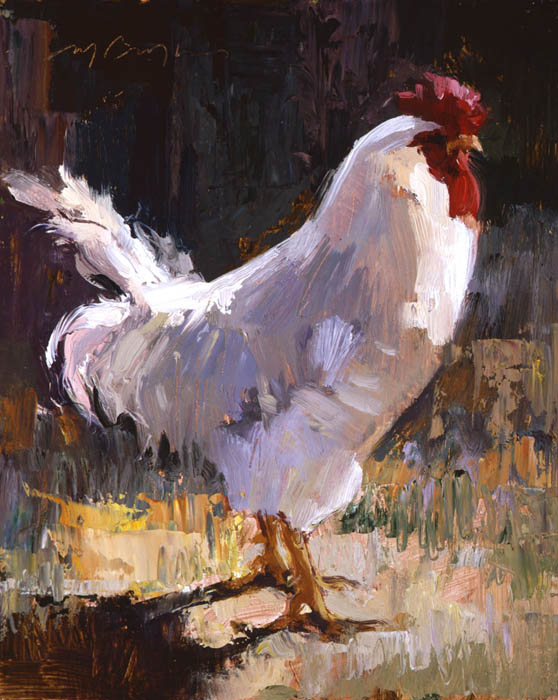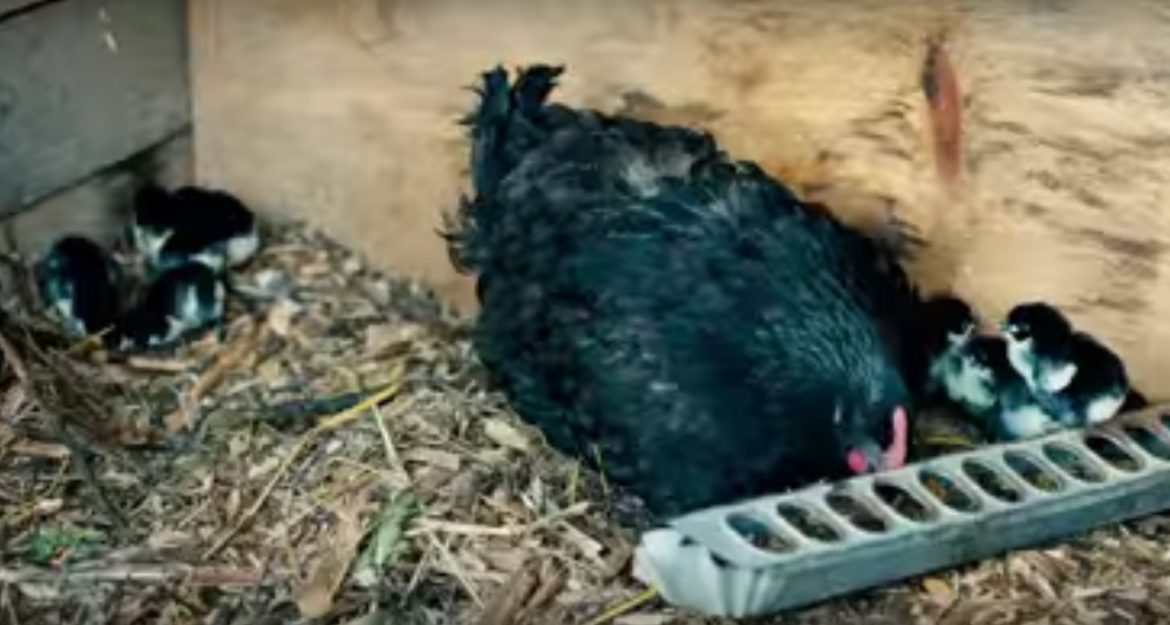
I spent a lot of time trying to feed chickens without grain. I fed them air potatoes, kitchen scraps, sweet potatoes, beautyberries, scraps from church dinners… and didn’t have all that much luck. They would quit laying because they lacked enough protein in their diets.
So I tried letting them free-range, growing corn and amaranth, feeding them moringa and even letting chickens into my compost pile to pick out maggots.
Still, I found myself either buying chicken feed… or going without eggs.
That’s why I’ve been quite interested in what Justin Rhodes has been doing with his birds.
On Sunday Justin continues his series of live workshops with a look at feeding chickens… sometimes even for free.
I hate buying feed I know is filled with GMOs and slaughter wastes.
Feeding chickens from your own homestead is the Holy Grail of chickendom.
Sign up here to join the workshop.
I know Justin’s knowledge is going to save us all a lot of money and I’m pleased to throw my support behind the good work he’s doing for backyard homesteaders. His film Permaculture Chickens is worth every penny and I am glad to have a copy.


5 comments
I have bags of leaves laying around the outside of my gardens. Every few days, I’ll move the bags to new spots. My chickens are trained to run over because they know that when I move the bags, earthworms scatter to hide. The worms are attracted to the decaying leaves. This is a good protein source for chickens. I haven’t seen Justin talk about that yet.
That’s a very good idea – hadn’t thought of that one. You ought to tell Justin during the webcast!
Where is the Justin Rhodes series? Can we see him live or is it a webcast? Thanks!
Webcast only and you have to catch him live. He’s doing a new one in a week though – his last one!
Sign up here: https://gumroad.com/a/648033395
If you have coconuts, the old brown ones, even if they’ve started growing a bit, cut them open for the chickens. They will love it! We’ve been growing chickens for decades and supplement their diet with it. Not sure how nutritious it is for them, but they absolutely love it.
Also, if you open up a sprouting coconut, the spongy ball mass you find inside is totally edible.
Comments are closed.